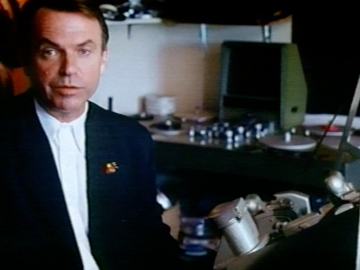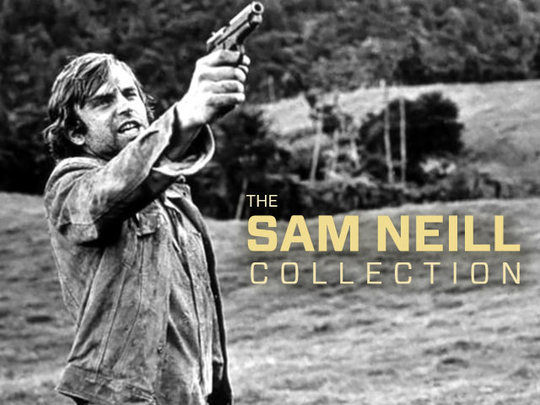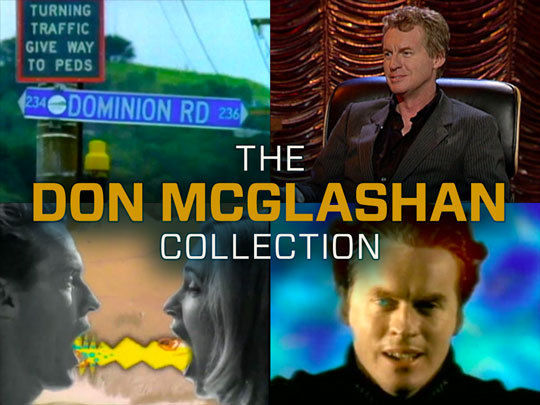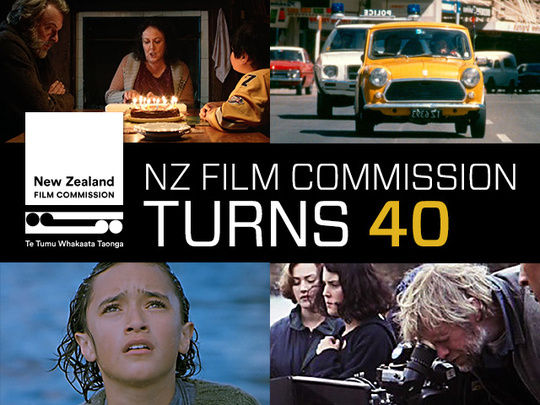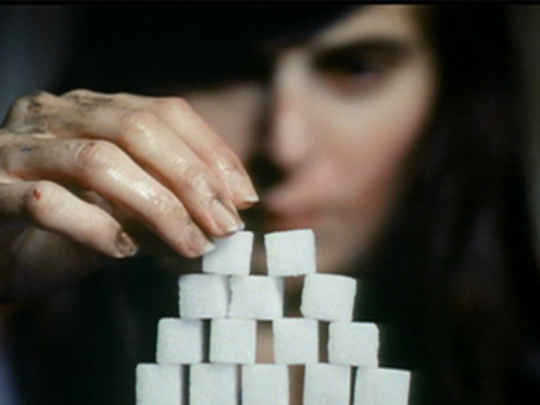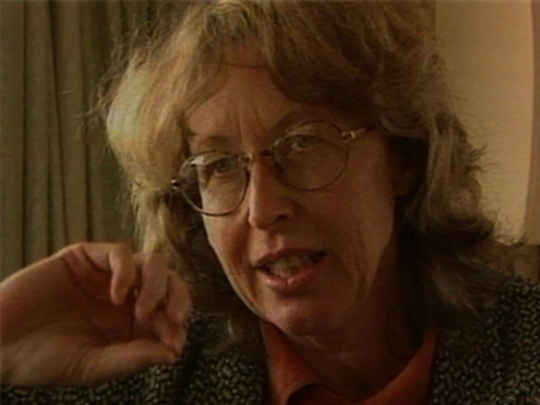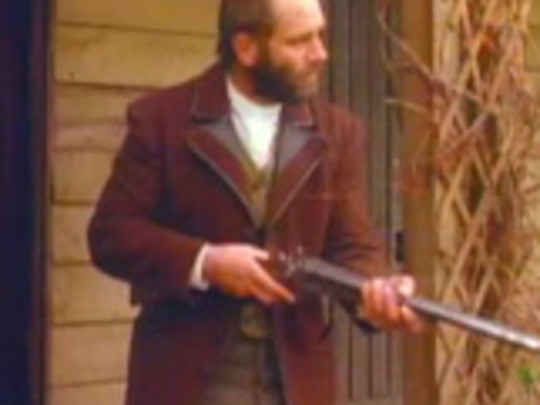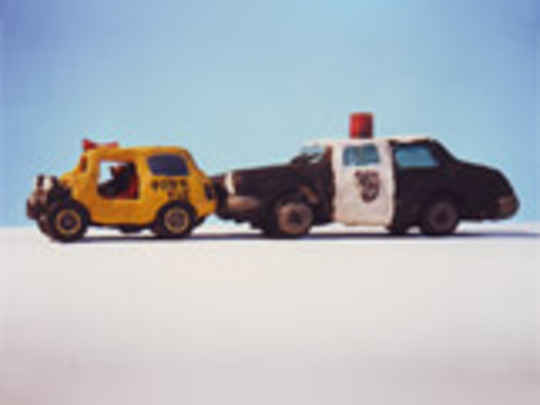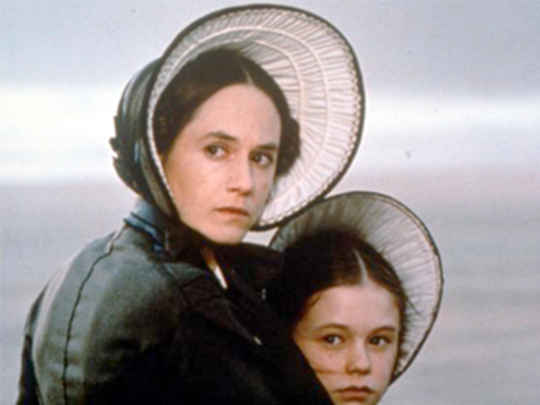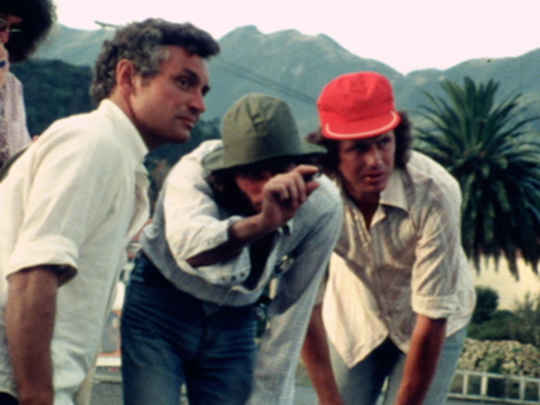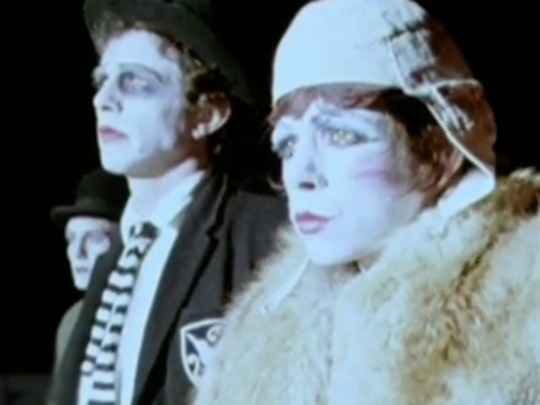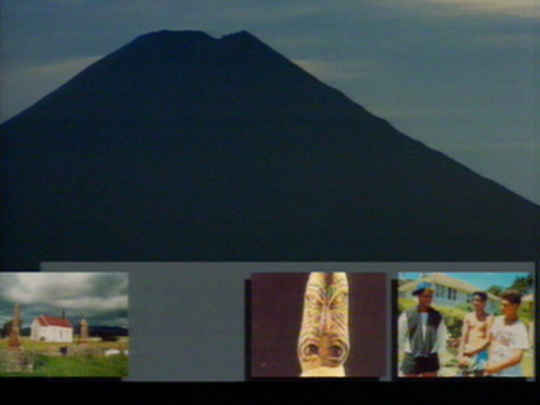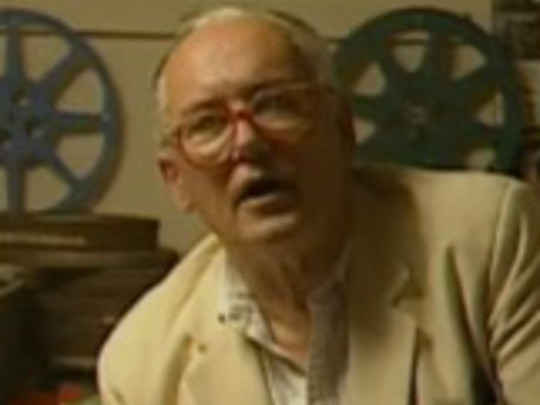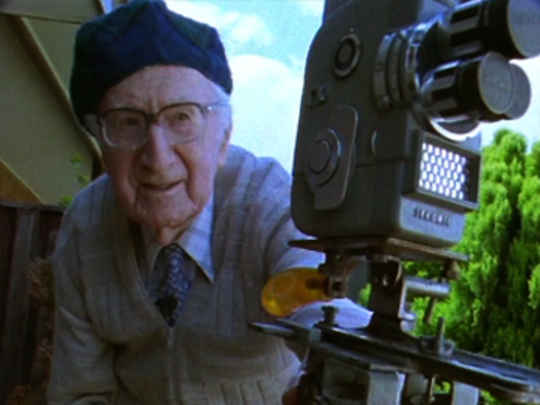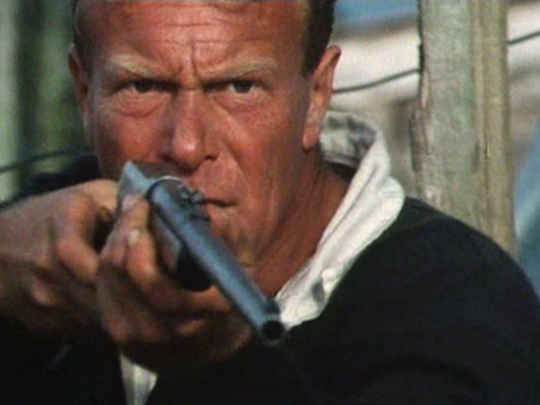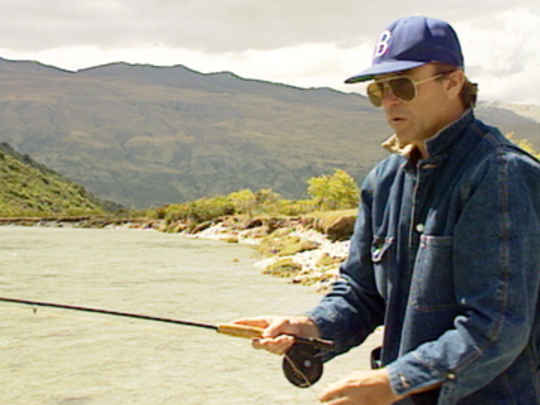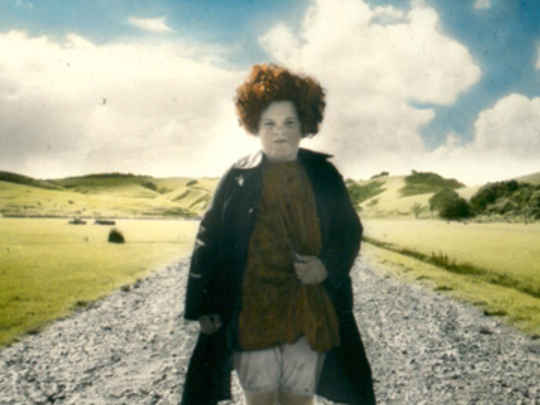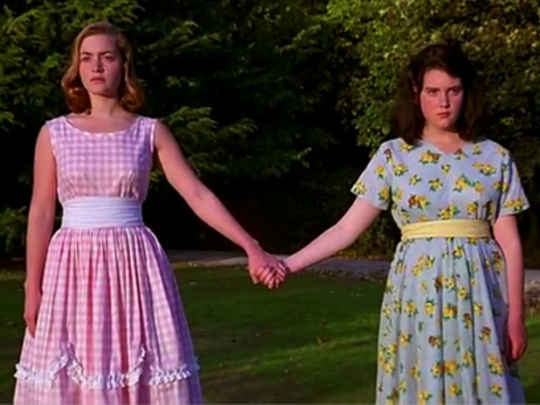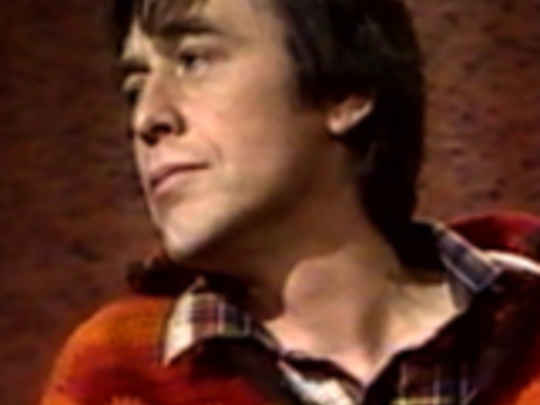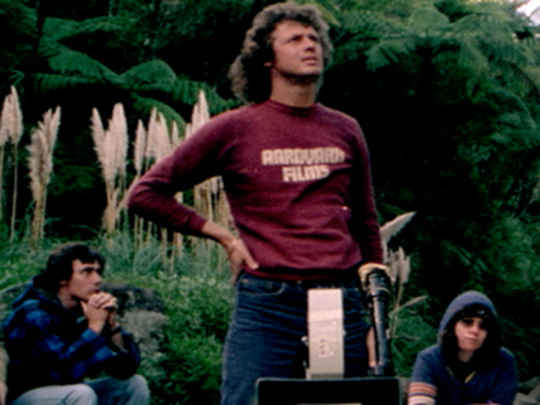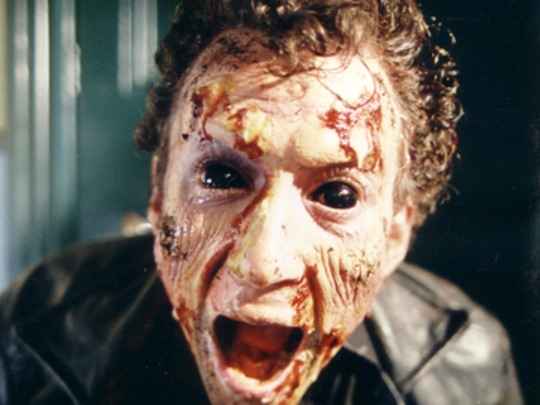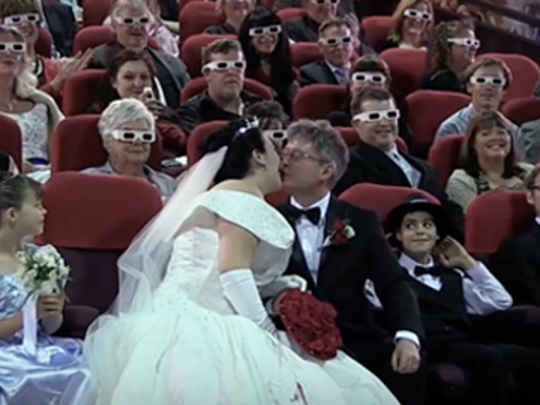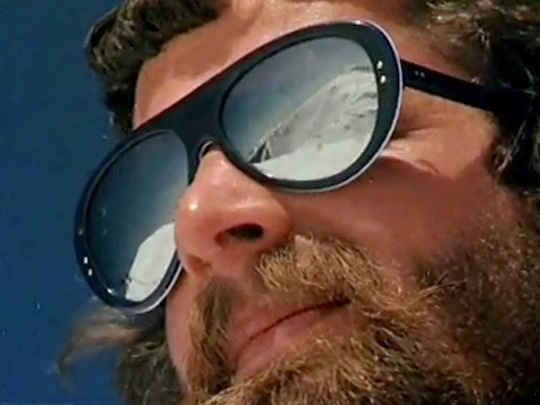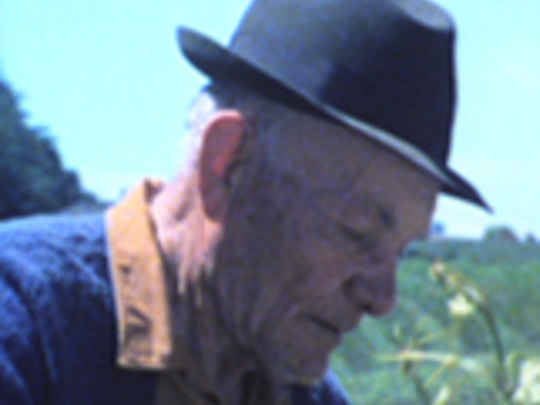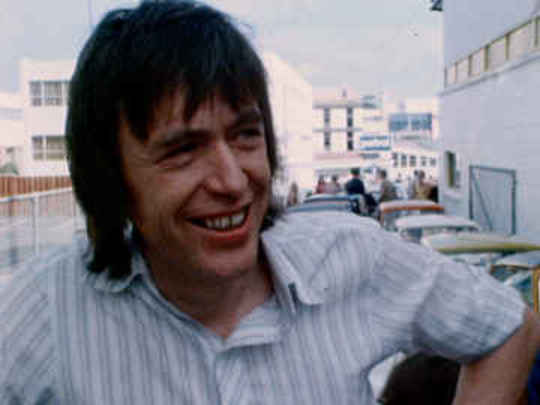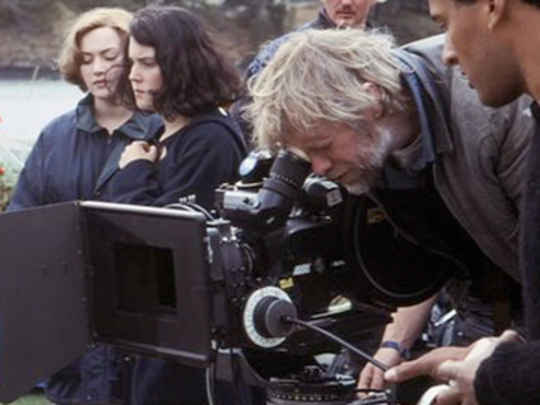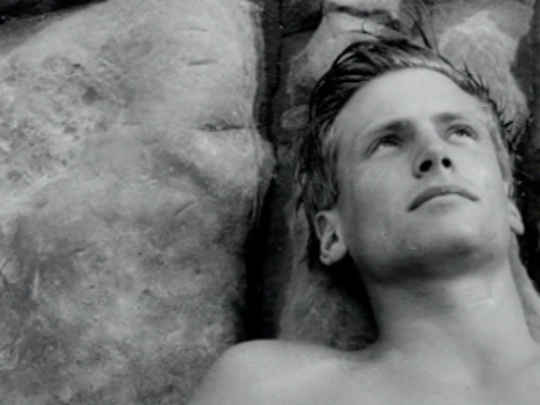...a uniquely strange and dark film industry...
– Presenter and co-director Sam Neill describes New Zealand's film industry
It seems amazing to me now that all our heroes had foreign accents, that all the adventures happened somewhere else in the world. There was no one we recognised, no place we knew on-screen.
– Presenter and co-director Sam Neill on growing up at a time when New Zealanders rarely saw themselves on-screen
Not much about Sam Neill's ordinary leading-man roles (in films like Jurassic Park) and even his better ones (in The Piano and My Brilliant Career) is preparation for his tart, perceptive directorial voice in a very good film of his own. He makes a first-rate tour guide through Cinema of Unease...
– Reviewer Janet Maslin, The New York Times, 10 October 1995, page C14
Cinema of Unease is a highlight of The Century of Cinema, the British Film Institute's international array of documentaries by 18 filmmakers ... This series is the best thing to happen to film history in years.
– New York Times reviewer Janet Maslin, 10 October 1995, page C14
...suddenly in 1977, everything began to change: for film in New Zealand, and for me. For reasons that still elude me, Roger Donaldson and Ian Mune cast me as the lead in the first commercial feature film made in New Zealand for 15 years or so.
– Sam Neill introduces movie Sleeping Dogs
It felt good to be working at home. From the start we were aware we were working on something extraordinary, and it was: romantic, gothic, unique.
– Sam Neill describes returning to New Zealand for movie The Piano
If New Zealand's remoteness prompted imitation of other cultures, its wide-open landscape also fostered a violent individualism that is the mainspring of its national cinema. Cinema of Unease underscores the strain of madness and savage rebellion that has poured out of New Zealand ever since that country stopped making upbeat travelogues and started developing a strong film industry in the mid-1970s.
– American reviewer Janet Maslin, The New York Times, 10 October 1995, page C14
As the archetypal New Zealand boys' own film, its plot is a template for the genre: Bloke has trouble with his wife. Bloke leaves home. Bloke has trouble with police. Bloke resorts to violence.
– Sam Neill describes 1981 movie Smash Palace
When I watch films, it's often for the share joy of watching other actors at work. But more than that, I put the case that a national cinema gains is distinctiveness as much by its performers, as by its auteurs.
– Sam Neill
...this was the bible: the boys' own book, John Mulgan's Man Alone. If it's not the best book ever written in about New Zealand, it's certainly the most influental. No other work had such a profound effect, None of us had actually read it — minor detail.
– Sam Neill on the influence of John Mulgan's book Man Alone on Kiwi cinema
